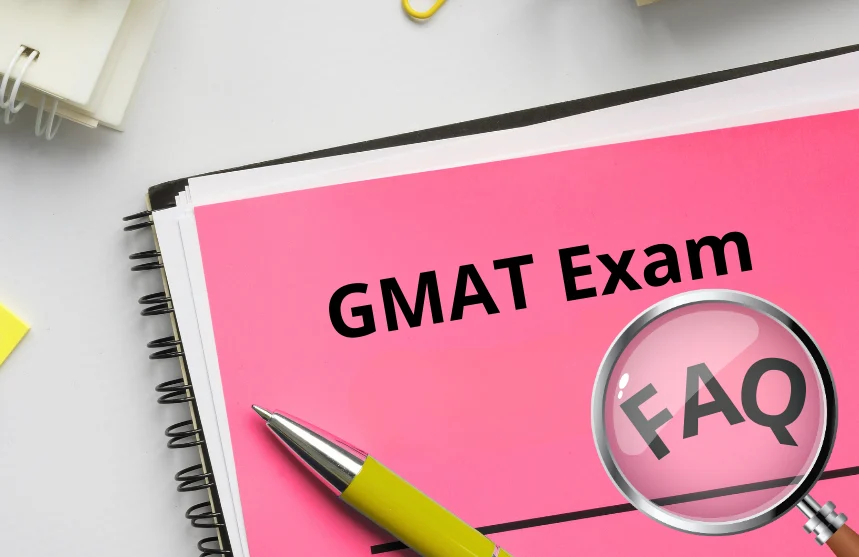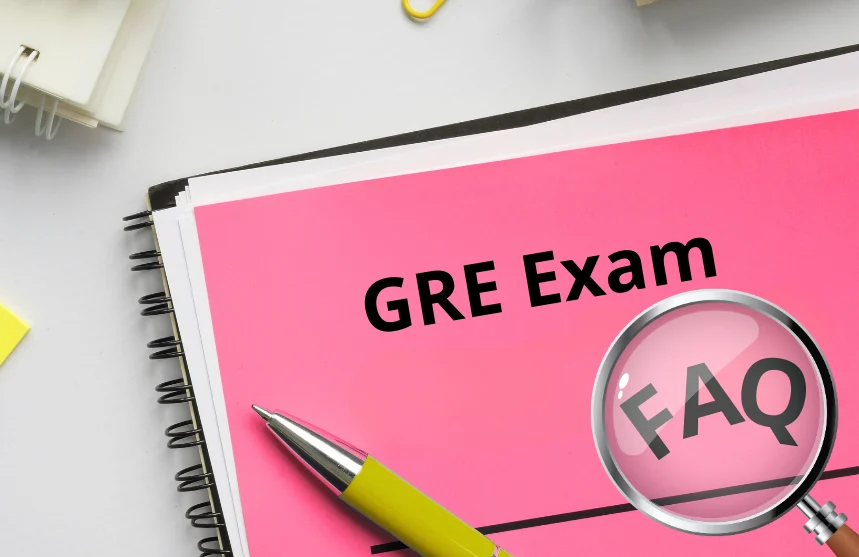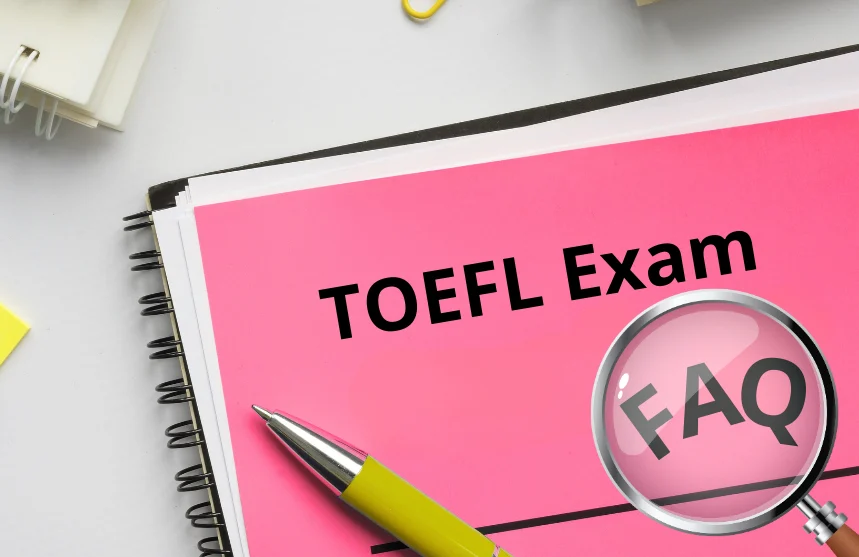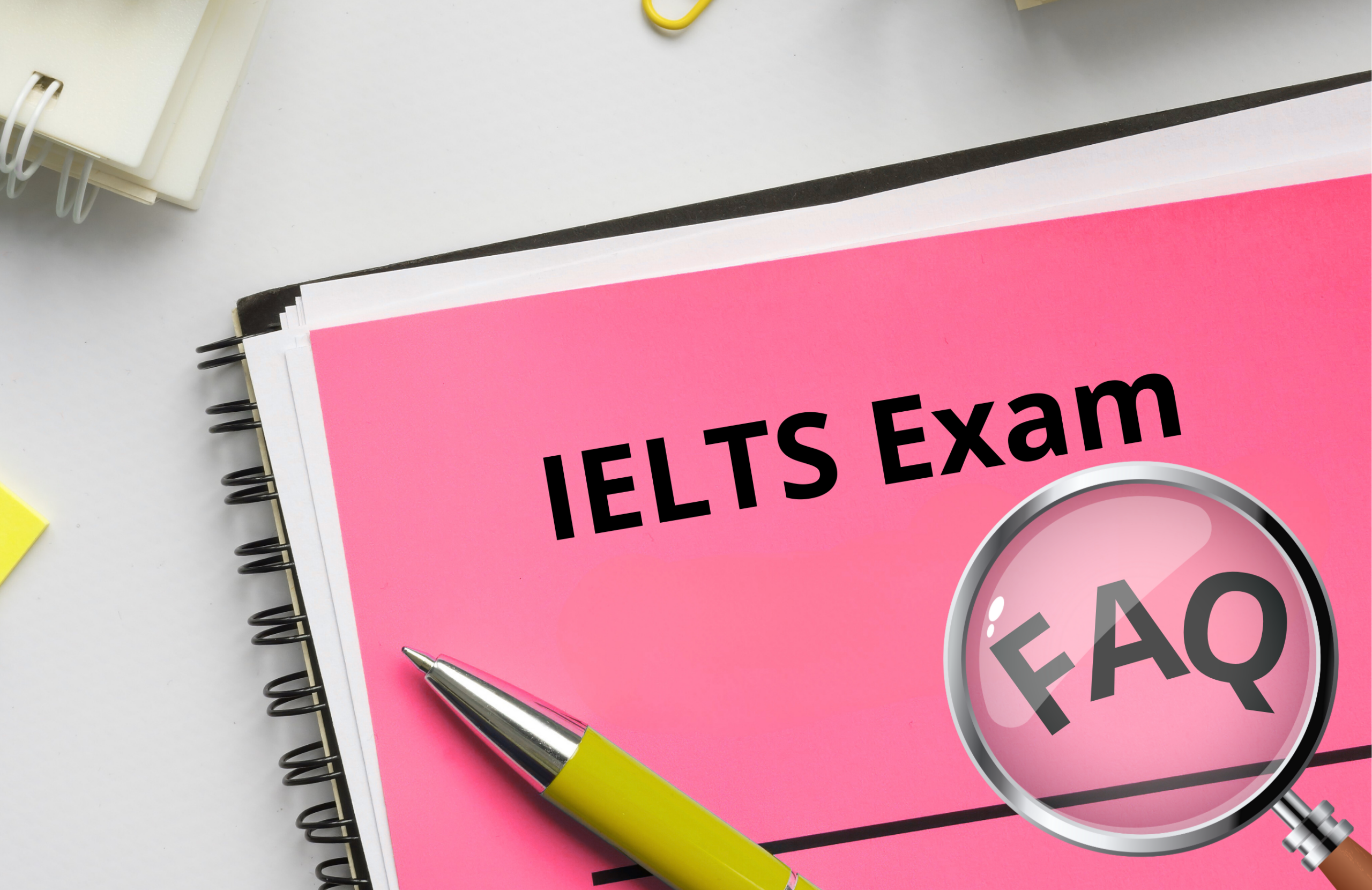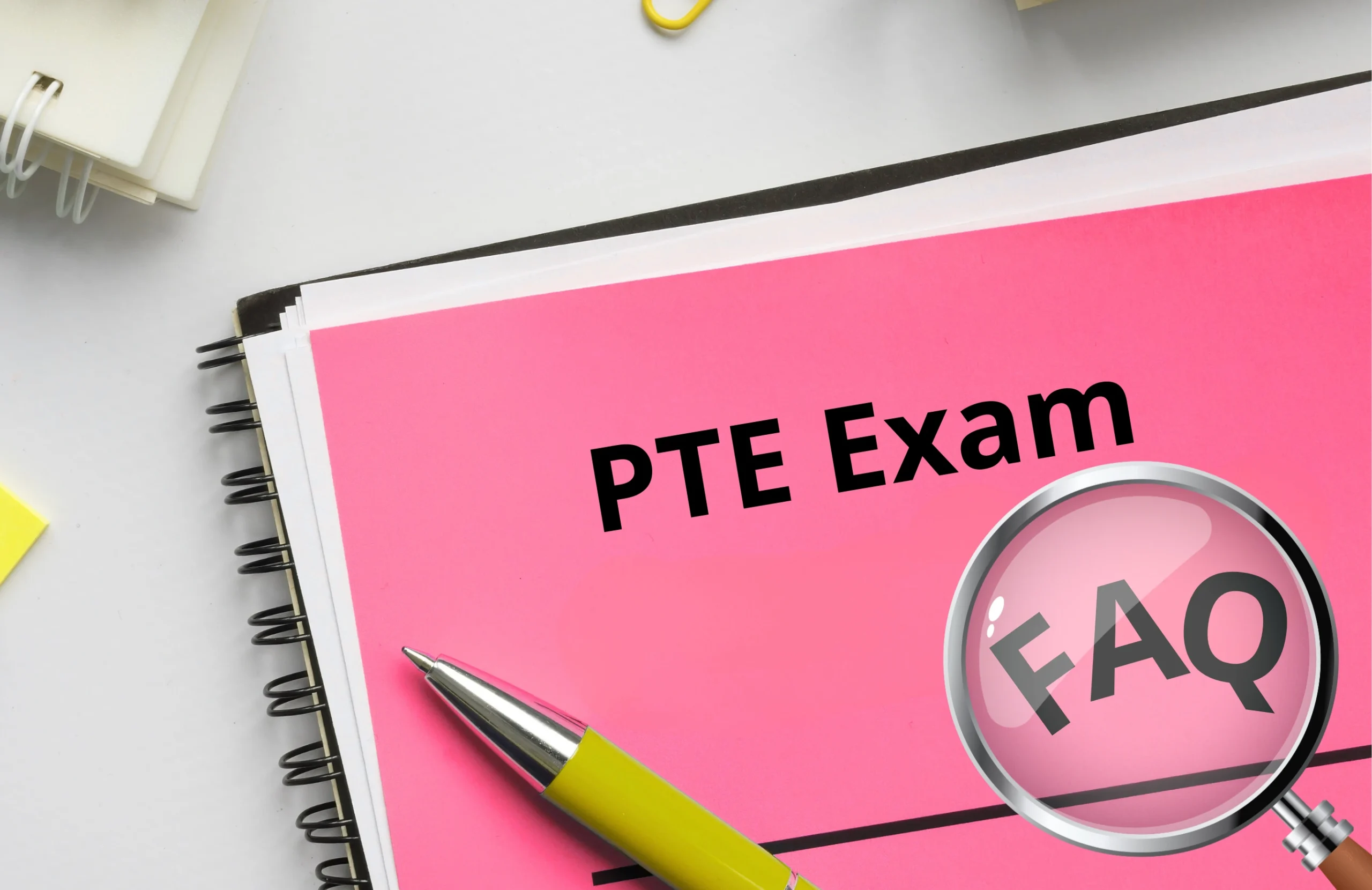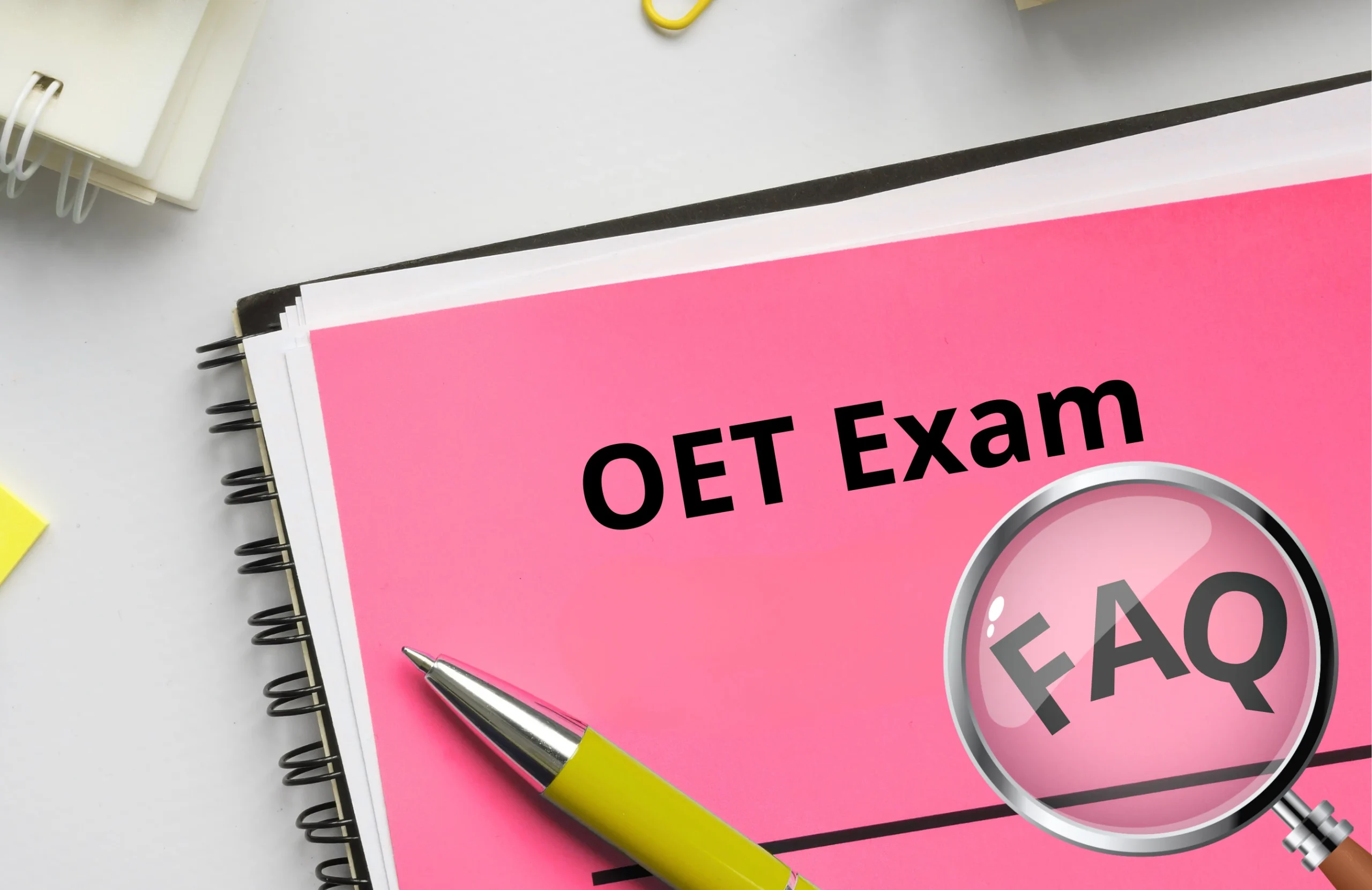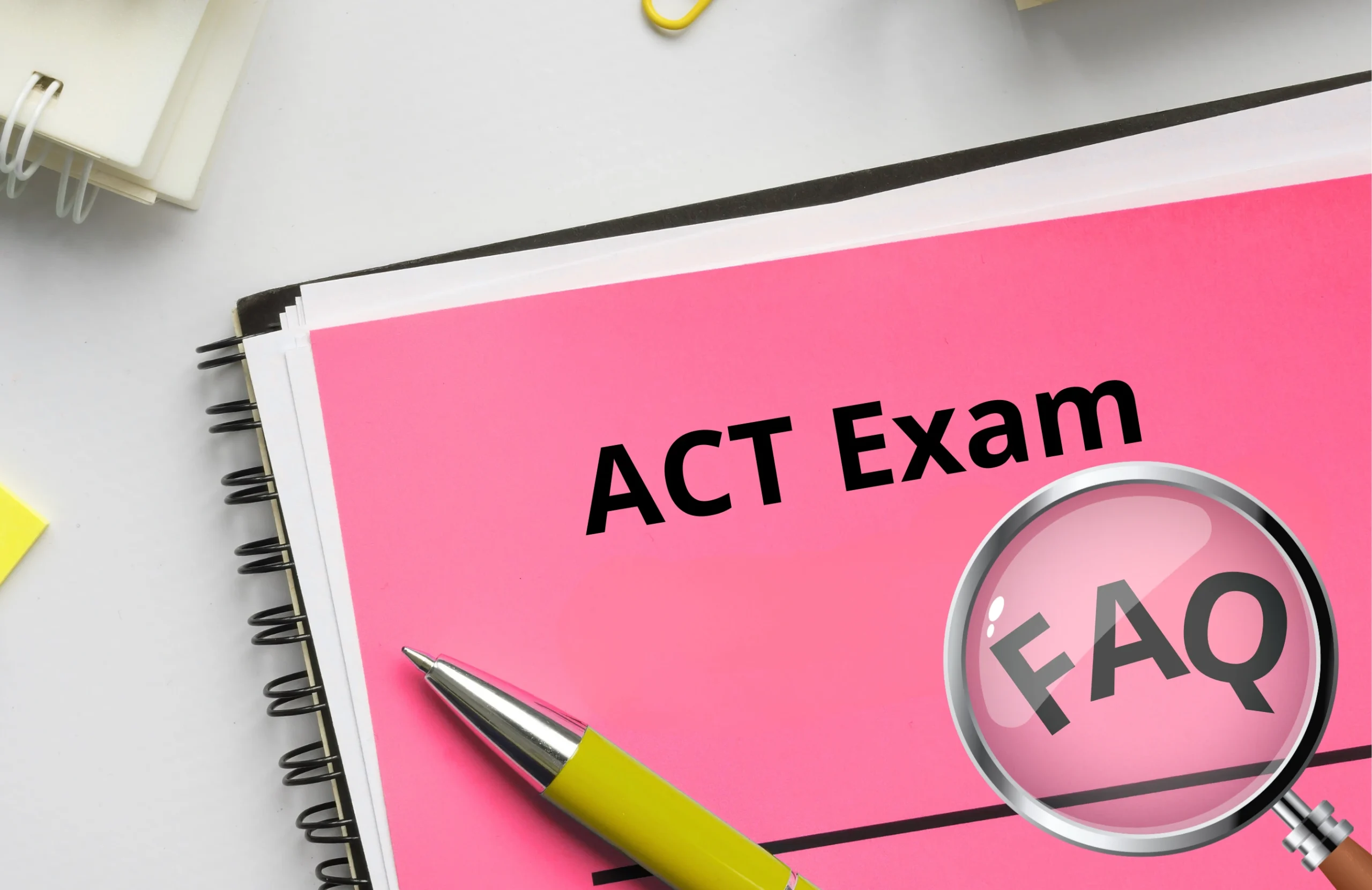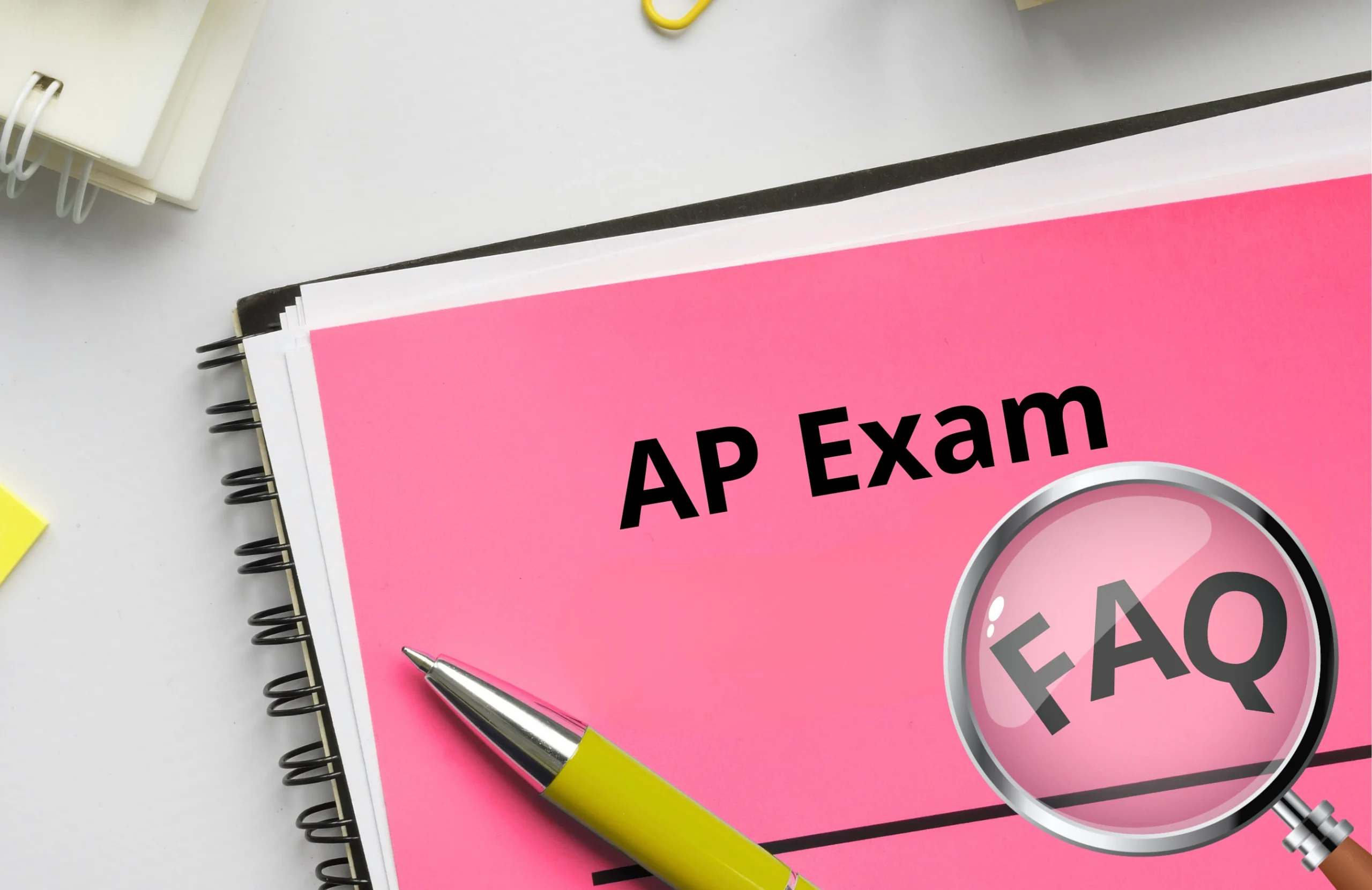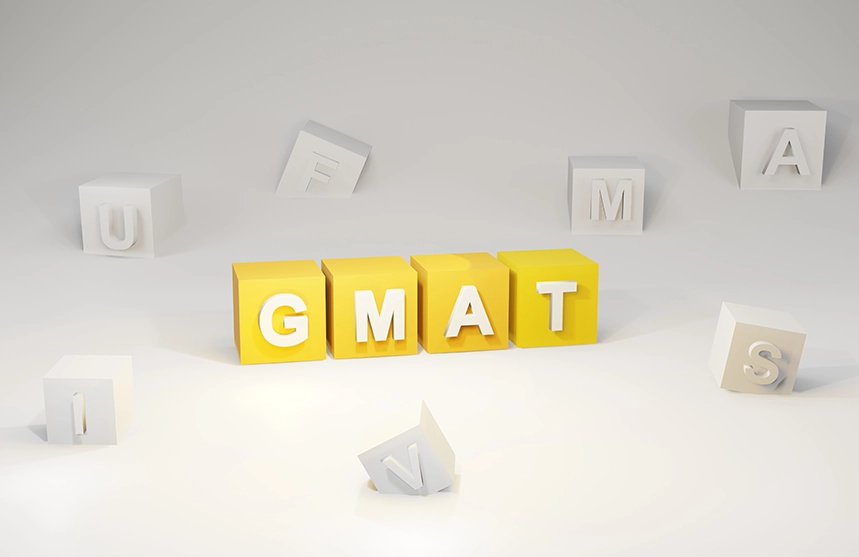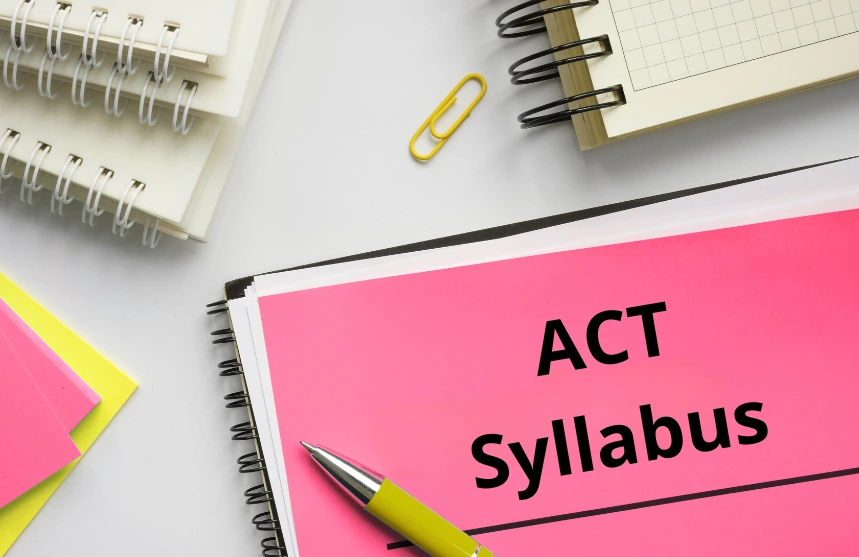How to Get Admission into World Class Universities
GRE Exam Syllabus 2025, Section-wise Syllabus, Exam Pattern

As you plan your journey to a foreign university, it’s essential to consider the specific requirements of your chosen institution. One key factor influencing your acceptance is the entrance exams required by that particular university. The GRE, for instance, is a common prerequisite for admission to some universities. Achieving a qualifying score on this exam is crucial to securing a place at your dream university.
The GRE has three sections: GRE Analytical Writing, GRE Verbal Reasoning, and GRE Quantitative Reasoning. The GRE syllabus determines the abilities of the Verbal Reasoning, Mathematical Reasoning, Critical thinking, and Analysis writing competencies required in higher learning institutions. Candidates’ tentative reasoning, critical thinking, and analytical writing skills are necessary for success in higher education.
This is so because any candidate who intends to study abroad for graduate levels is supposed to pass the Graduate Record Examinations (GRE) and score well. To this effect, candidates have to be conversant with the current syllabus of GRE exams to start with it. Candidates seeking tips for GRE preparation can choose our GRE Preparation guide or go through our GRE four-week study plan to perform well in the subsequent GRE examination. You may continue reading below for detailed information about the GRE Exam Syllabus 2025.
The GRE Exam in a Glance
Students are advised to check out all the necessary information related to the GRE 2025 Exam mentioned below:
| Exam Details | Information |
|---|---|
| Exam Name | GRE |
| GRE Full Form | Graduate Record Examinations |
| Conducting Body | ETS (Educational Testing Service) |
| Official Website | ETS GRE |
| Duration | 3 hours 45 minutes |
| Exam Type | Computer-based and paper-based |
| Most Popular For | MS courses in the USA |
| Also Accepted For | MBA courses outside India |
| Exam Fees | GRE General Test: INR 22,550, GRE Subject Test: INR 14,500 |
| GRE Exam Eligibility | No specific eligibility criteria; varies by university |
| GRE Validity | 5 Years |
| Score Range | Verbal Reasoning: 130–170, Quantitative Reasoning: 130–170, Analytical Writing: 0–6 |
| GRE Contact Information | +91-1244517127 or 000-800-100-4072 (Monday–Friday, 9 a.m. to 5 p.m. IST) |
| GRE Email Id | GRESupport4India@ets.org |
GRE Syllabus 2025
The GRE syllabus 2025 General Test is designed to assess the test takers’ verbal reasoning, quantitative reasoning, critical thinking, and analytical writing skills—abilities that the test taker has cultivated over a certain amount of time and are not content area-specific. Here is the GRE Syllabus 2025, which is divided into three categories broadly: GRE Analytical Writing, GRE Quantitative Reasoning, and GRE Verbal Reasoning.
GRE Syllabus 2025 Section-wise
Students are advised to check out the detailed section-wise GRE Syllabus 2025 before starting their GRE exam preparation:
- Analytical Writing (AWA) Section
- GRE 2025 Verbal Reasoning
- Quantitative Reasoning
The GRE analytical writing section intends to assess the ability of test takers to express ideas logically and coherently, to develop and support opinions, to evaluate arguments and presented evidence, to organise ideas logically, and to use proper grammar and punctuation. The syllabus for GRE Analytical Writing includes two separately timed analytical writing tasks of thirty minutes each:
Analyse an Issue: This means that you need to be given an option on a matter of general interest with clear procedures to handle that matter.
Analyse an Argument: You must assess a particular line of Reasoning through specific guidelines.
The verbal Reasoning section is used to test your skills in the comprehension of English in terms of vocabulary, accent, and structure of sample sentences, as well as the ability to infer thoughts and meanings from paragraphs. For some, this might seem quite simple, and for others, it might be helpful to receive further information beforehand.
| Topics Covered | Types of Questions | Analyses |
|---|---|---|
| Basic sentence structure, idioms, subject-verb agreement, noun-pronoun agreement, verb tense, modifiers | Reading comprehension, text completion, sentence equivalence | Analysing sentence relationships, wordplay, understanding text structure, author’s assumptions and perspectives |
Reading Comprehension: The assessment’s Reading Comprehension questions require candidates to answer passages from three distinct domains: humanities, natural science, and social science (Business). The exam has passages for different sections of the passage.
This means that the candidates can only answer specific questions after they have read and understood the passage adequately. Additionally, do not despair if you encounter an unfamiliar section. However, how one can comprehend the questions depends on how well one will answer them.
Sentence Equivalence: The concept of sentence equivalence is completed paragraphs where you are given a few details, but they are mostly unknown. Subject complements must select two syntactically correct options when filling in the blank in the given sentence, which conveys the same meaning as the end of the fragment.
Text Completion: It relies more on your understanding of the visual images that the text in front of you implies. It is also important to note that text comprehension checks the candidate’s ability to understand new vocabulary in word forms, and then sentence equivalence tests are performed.
However, memorising these words won’t lead you to excel in this test part. You must also know the meaning quite well, though it is mostly used in negative contexts.
The Quantitative Reasoning Section section as part of the GRE Math Syllabus
Therefore, the purpose of the quantitative reasoning section is to assess the test taker’s quantitative comprehension, mathematical reasoning, ability to apply mathematical models, and knowledge of arithmetic, algebra, geometry, probability, and statistics.
| GRE Quant Syllabus | Sub-topics of GRE Quant Syllabus |
|---|---|
| Arithmetic | Property and types of integer, Powers and roots, Statistics, Estimation, Number properties, Percentage, Exponents and Roots, Ratio and proportions, Simple and Compound Interest, Arithmetic Operations |
| Geometry | Lines and angles, Circles, Triangle, Quadrilaterals, Polygon, Three-dimensional figures, Area, Perimeter, Volume, Angle Measurements |
| Data Analysis | Descriptive statistics such as Median, Mean, Range, Mode, Percentiles, etc., Interpretation of data based on graphs, circle graphs, scatter plots, etc., Probability, Permutation and Combination, Venn Diagrams, Sets Theory |
| Algebra | Exponents, Algebraic Expressions – Factoring and Simplifying, Equations and inequalities, Linear and Quadratic inequalities, Linear Equations, Quadratic equations, Word Problems, Speed, Distance, and Time, Profit and Loss, Coordinate geometry |
GRE Syllabus 2025 Subject wise
The total testing time for the GRE Subject tests is 2 hours and 50 minutes for the Mathematics Physics, and Psychology tests. There are no sections of the test with a separate time limit. Below is the syllabus that is covered in the GRE Subject test.
Mathematics
The maths subject test has approximately 66 MCQs drawn from the curriculum prescribed in various undergraduate studies. GRE maths syllabus includes the following:
- Calculus: 50%
- Algebra: 25%
- Additional Topics (like Discrete Mathematics, Geometry, Statistics): 25%
Physics
There are approximately 70 MCQs in the GRE Subject test for Physics. Some of the questions are grouped in sets by the category of the concept in physics to which they belong. Following are some of the topics you need to prepare:
- Classical Mechanics: 20%
- Electromagnetism: 18%
- Optics and Wave Phenomena: 8%
- Thermodynamics and Statistical Mechanics: 10%
- Quantum Mechanics: 13%
- Atomic Physics: 10%
- Special Relativity: 6%
- Laboratory Methods: 6%
- Specialised Topics (Nuclear and Particle physics, crystal structure, astrophysics, etc.): 9%
Psychology
The psychology subject test has around 144 MCQs based on the various branches of the subject:
- Biological (30 questions)
- Cognitive (29 questions)
- Social (19 questions)
- Developmental (18 questions)
- Clinical (23 questions)
- Analytic/Quantitative/Qualitative (25 questions)
GRE 2025 Exam Pattern
The GRE is a computer-based adaptive test, and more weight is given to the mathematics section than verbal. In the context of the General GRE exam pattern, it is not obligatory for one to attempt all the questions; therefore, he is permitted to return to questions later. There are three sections in the GRE General.
The verbal and quantitative reasoning sections of the GRE 2025 have two subsections each. The first subsection of both has questions about the average difficulty level. However, it can be tested on a candidate depending on the result achieved in the second subsection.
| Section | No. of Questions | Details | Duration |
|---|---|---|---|
| Verbal Reasoning | Section 1 – 12 questions, Section 2 – 15 questions | Reading comprehension, text completion, sentence equivalence | Section 1 – 18 minutes, Section 2 – 23 minutes |
| Quantitative Reasoning | Section 1 – 12 questions, Section 2 – 15 questions | 27 Questions – Quantitative comparison, multiple-choice questions, numeric entry questions | Section 1 – 21 minutes, Section 2 – 26 minutes |
| Analytical Writing | 1 task – Analyse an Issue – writing task | 30 min | |
| Total | 1 hour 58 minutes |
Best Books for GRE 2025 Preparation
You should know the updated GRE syllabus 2025 to ace your GRE General Test. The costs of the materials and preparation for the GRE exam plus the costs accrued during the application process equal a lot of money. The total fee structure for the GRE Exam Fee is INR 22,500 for students in India alone. If you attend classes at an institute, they will provide you with books, notes, etc., but you must buy an official GRE guide and practise tests independently.
Therefore, whether or not you will be attending coaching classes or feel that coaching is not your style, you will have to buy a few materials to solve GRE sections. Below are some of the top resources to improve your studies, including the current syllabus of the GRE.
GRE POWERPREP II Software: Preparation for the Computer-based GRE revised General Test—This free software comes with two actual tests in addition to the subject test questions, approaches, and guidelines. It offers timed tests, which give a feel of the test-taking exercise, and other easy-to-use features, such as the ability to switch answers in a section on an on-screen calculator.
Official Guide to the GRE Revised General Test, Second Edition: This particular edition has the POWERPREP II, IC, a Software CD, and four actual tests with hundreds of questions, answers, explanations, examples, and a discussion of essay responses, methods, and procedures involved in test taking, as well as many other features. This guide is also available in printed form and as an eBook.
GRE Exam 2025 Preparation Tips
To be exceptional and push hard for high results on the GRE, performing and ranking at the best percentile is necessary. This can help you stand out in the increasingly tightening job market and become desired by other corporate giants like Citigroup, Morgan Stanley, etc.
Plan and Strategies: Create a precise study plan and evaluate each option based on its strengths and weaknesses. For help, please refer to MetaApply’s study abroad portal, which is helpful for students who want to study at international universities.
Mock Tests: Practice as many tests as possible to help you increase your speed and identify your strengths and weaknesses. Practice will also allow us to assess the results and make necessary corrections to the methods applied.
Read Extensively: Improve your study by reading daily. It will help introduce better practices in the speaking and writing of analysis sections on the GRE.
Focus on Quant Basics: In the quantitative section, prefer simple concepts, focusing on frequently featured and broadly spread concepts such as percentages, number systems, and ratio proportion.
Conclusion
The GRE is an international standardised test that measures the candidate’s ability in reason, analytical writing, and problem-solving, hence beneficial to any student who intends to study in another country. Students can easily design their preparation framework by learning about the GRE exam, the subjects taught, and the exam format. Thus, regularly practising alongside using better quality materials and solved sample papers will increase the possibility of getting a higher result.
Whatever program you have in mind, be it a graduate or business program, the GRE will help you achieve pragmatic success. There are many more such exams to study abroad similar to the GRE exam.
Frequently Asked Questions
The GRE has no special requirements for enrollment with regard to a student’s academic background or ability. There are some general requirements in qualification, such as the applicants must be college graduates, must have bachelor’s degree holders, and the capability in English.
The GRE exam fee is about 220 USD (about 18000 INR) to a registered institution for each candidate.
The GRE examination advantages include acceptance by institutions around the world, freedom to choose when to take the examination and be used to apply for both graduate and business programs.
























